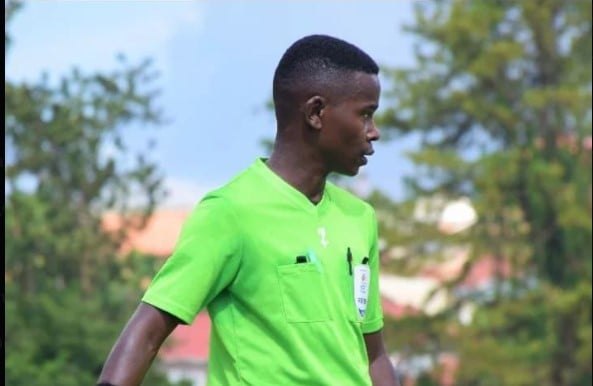Prime
Uganda-Rwanda stand-off: Tale of two brothers

Brian B. Mukalazi
What you need to know:
- Like with so many fights, it all boils down to respect, or the perceived absence of it.
The recent double-headed World Cup qualifier matches played between Uganda and Rwanda saw Uganda trounce Rwanda in both encounters with a one-nil score-line in each.
While I watched these two highly competitive matches, my mind could not help but wander away from the sport and into the currently cold diplomatic relations between the two countries.
The matches reminded me of the Gatuna border between Uganda and Rwanda that is still closed to human and cargo traffic more than two years . The historical ties between the two countries’ ruling political movements – the National Resistance Movement/Army (NRM/NRA) and the Rwandan Patriotic Front (RPF) – may easily be considered to be the most profound in Africa’s modern history.
Many senior members of both the NRA and RPF were once schoolmates, brothers in combat, and best friends who share lots of intimate memories together. Therefore, it’s sad and appalling to see these former allies, brothers, turn into foes.
When rebel leader – now Ugandan President – Yoweri Museveni formed the National Resistance Army (NRA), which fought a guerrilla war in the bushes of Luweero, against former President Milton Obote’s government, many Rwandans or the Banyarwanda joined and would eventually form a core part of the group. It was here that the charismatic Fred Rwigyema first fought alongside a number of future RPF leaders including future Rwandan president Paul Kagame, James Kabarebe, Patrick Karegeya and Kayumba Nyamwasa.
According to estimates by Prof Mahmood Mamdani, by the time the NRA captured power in 1986, it was 16,000-strong and roughly 4,000 of the soldiers were Banyarwanda. After the war, many Rwandans ended up serving in different positions in the new NRA/NRM government.
But once the Bush war had been won in Uganda, the RPF would take shape under the leadership of Rwigyema. And on October 1, 1990, the war against the Rwanda government began through the north-eastern part of the country.
However, on the second day, Rwigyema was mysteriously killed and by the end of October, the RPF was largely defeated by the Rwandan Army. With thousands of soldiers pouring back across the Ugandan border, the RPF was fragile and on a brink of a humiliating loss.
It took the return of 33-year-old Kagame, who many believe was hand-picked by President Museveni, from his training course in the United States to take the reigns as the new RPF leader and restored sanity. But without a single doubt, the RPF’s survival at the time depended entirely on Uganda’s kindness.
In August 1993, the Arusha peace agreement was signed in a ceremony witnessed by Uganda, Tanzania, Burundi and the Democratic Republic of Congo. It catered for the establishment of a broad-based transitional government including the RPF and opposition parties.
Like with so many fights, it all boils down to respect, or the perceived absence of it. Author Michela Wrong quotes a retired Ugandan commander as saying: “We used to look at the RPF as young sons, not even brothers”. When recalling the past, the Ugandans dwell on the way the NRA had welcomed the Banyarwanda into its ranks. And for that, they still believe that the Rwandans owe them their victory.
On their part, what the Banyarwanda remember, instead, was the NRA’s reliance on them to do its dirtiest fighting, and the sense of having always been unwelcome in alien territory.
The problem with history is not that people fail to learn from its lessons, but that they learn the wrong ones. For both the NRM and RPF, their most prized asset is the rich intertwined history they share. If only they could sit down - man-to-man - reflect and work out their differences, Uganda and Rwanda would both be winners.
Mr Mukalazi is the Country Director of
Every Child Ministries Uganda.




